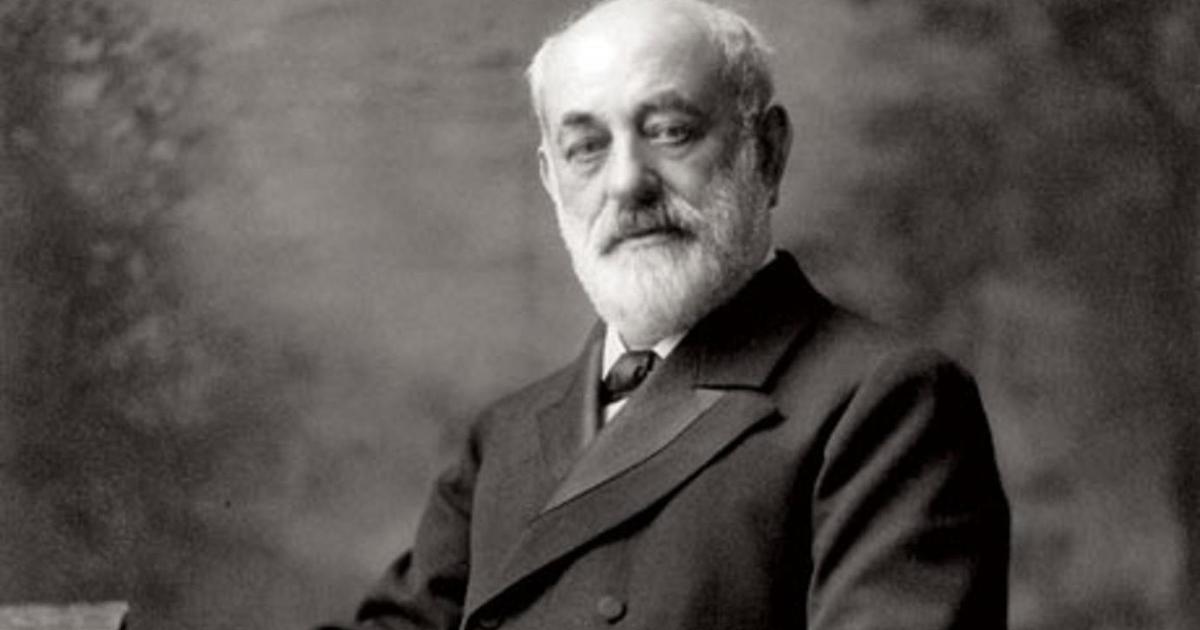Nik Storonsky, founder of Revolut.
The first British nationalized billionaire to emerge from a
tech
start-up
was not born in London, but in and around Moscow.
Nik Storonsky, CEO and co-founder of
fintech
Revolut, has been in the UK for 14 years but still has a strong Russian accent.
At 36, he leads a company valued at 5.5 billion dollars (4.6 billion euros) that in five years has earned him a fortune equivalent to 1,000 million euros, according to Forbes magazine.
Married with two children, he admits to being an admirer of Elon Musk, although in his case, he prefers to dedicate “less time to public image” and more to building what he defines as a “
financial
super app
”.
More information
Revolut launches its bank in 10 more European countries
"In practice, it means that we give you all the services you need for your financial life in one app," Storonsky explains via videoconference. Revolut has 15 million users in 37 countries including the European Economic Area, the United Kingdom, Australia, Canada, Singapore, Switzerland, Japan and the United States. It started in 2015 as a combination of app and prepaid card that travelers could use to exchange currency at market prices, make purchases, and withdraw cash from an ATM. But now, depending on the country of residence, it can be used to save in different currencies, invest in the Stock Market or raw materials, buy 21 types of cryptocurrencies, divide the dinner account among friends, take out insurance or, in the business version , charge using QR codes.
Fond of numbers and science, Storonsky studied Physics at the prestigious Moscow Institute of Physics and Technology (MIPT). At 22, he went to London as a fellow at Lehman Brothers, where they asked him to stay "because he was so good," he says. Worked as a
trader
for two years until the historic investment bank went bankrupt in 2008. “I was not going to be unemployed because our division had been bought by Nomura and even before that Credit Suisse had made me an offer”, He says. “I wasn't worried because I was young and I didn't lose a lot of money. But I remember several area directors buying Lehman shares because they were so cheap and they believed in the company… Bad luck for them, they lost a large part of their savings and, besides, at that time, nobody needed such expensive bankers ”.
With a serious face, the only moment of the interview in which he smiles comes with the question of what he learned from what happened with Lehman Brothers. "Risk management methods," he responds. "I became very cautious and risk averse, particularly in financial markets." But five years later, he would make a bold decision: "I always wanted to start something on my own, so the same day I received my British passport, I quit Credit Suisse and started my own business."
The former
trader
partnered with a former partner of the Swiss bank, Vlad Yatsenko.
From Storonsky's investment experience and
Yatsenko's
software
engineering skills
, emerged Revolut, today considered one of the largest neo-banks, 100% digital entities, in Europe.
His goal: to make it cheaper and facilitate operations that involved currency exchanges, a need that he as a Russian and Yatsenko as a Ukrainian felt firsthand.
An elusive confidence
Today, the firm employs 2,500 people around the world and wants to hire another 1,000 this year in Spain and six other countries.
Its 650,000 Spanish customers use the application, above all, for payments in electronic stores, although other services such as the acquisition of cryptocurrencies have grown considerably during the pandemic, according to the company.
More information
Revolut captures 460 million to grow in several countries, such as Spain
Revolut operates in Eastern Europe as a Lithuanian-based bank, a pilot program that it aims to extend to the rest of the EU.
Meanwhile, he is awaiting bank licenses in the United Kingdom and the United States, the latter, "the number one award" for Storonsky.
"I would not say that we have achieved any great goal," says the businessman, however. Its vision is to erect in the next five years a “global financial institution” that is among the top three in each country in which it operates. An especially ambitious goal for a sector that does not yet generate confidence. In the UK, the country with the most digital banks in the world according to consultancy Exton, an Accenture survey of 3,000 consumers in July found that only 45% believed that neobanks would survive the next 12 months. Although users have grown in recent years, convincing them to deposit larger amounts of money is difficult. According to Accenture's Digital Bank Tracker, neobanks' average revenue per customer was just £ 9 (10,3 euros) in 2019 compared to 270 pounds (31.10 euros) for traditional banks.
Storonsky insists that Revolut has better data, but admits that consumers "get used to their banks and it is difficult to get them to switch to another." For him, the skeptics of
fintech
are "clearly wrong." “If you take a look at our finances, you will see that they are very robust. I can't say the same for other digital banks, but our business model is definitely working. "
Revolut has yet to achieve a positive fiscal year. In 2019, its revenue tripled in just one year to reach 163 million pounds (188 million euros). And the same happened with their losses, multiplied by three, up to 123 million euros. Storonsky prefers to highlight that the firm stopped posting monthly losses at the end of 2020: “Our focus in 2021 is not on being profitable. For me, the important thing is the net margin, as long as it is between + 20% or -20%, that's fine with me. What matters is the growth and economic fundamentals of the business, that is, the gross margin, which is currently 80%. So, as a business, Revolut is strong and healthy. "
But if something is criticized about Revolut, it is working conditions.
Wired
and the
Financial Times
have published testimonies of employees complaining of long hours, pressure and great difficulties in reconciling work and family life. On Glassdoor, the website that collects employee reviews about companies, Revolut has a score of 3.2 out of 5 and even those who gave it the highest evaluation cite the intense pace of work as a point against the firm.
Storonsky does not hide the problem, although he does not think so: “You have to understand that working in a
start-up
is very different from working in a corporate environment. The demands and commitments are different, you are always limited in resources and behind established competitors. So you have to reach them ”. For him, who lists the search for talent as one of the most difficult tasks of the firm, Revolut's work culture is one of “entrepreneurship”, “innovation”, “drive” and “ambition”, and it lacks that which so much dislike of traditional banking: "We don't have intrigues or those kind of sleepy people who pretend to be working instead of building something new."

/cloudfront-eu-central-1.images.arcpublishing.com/prisa/QBU4REQYZZCC3C4CUQMBVHUUXY.jpg)






